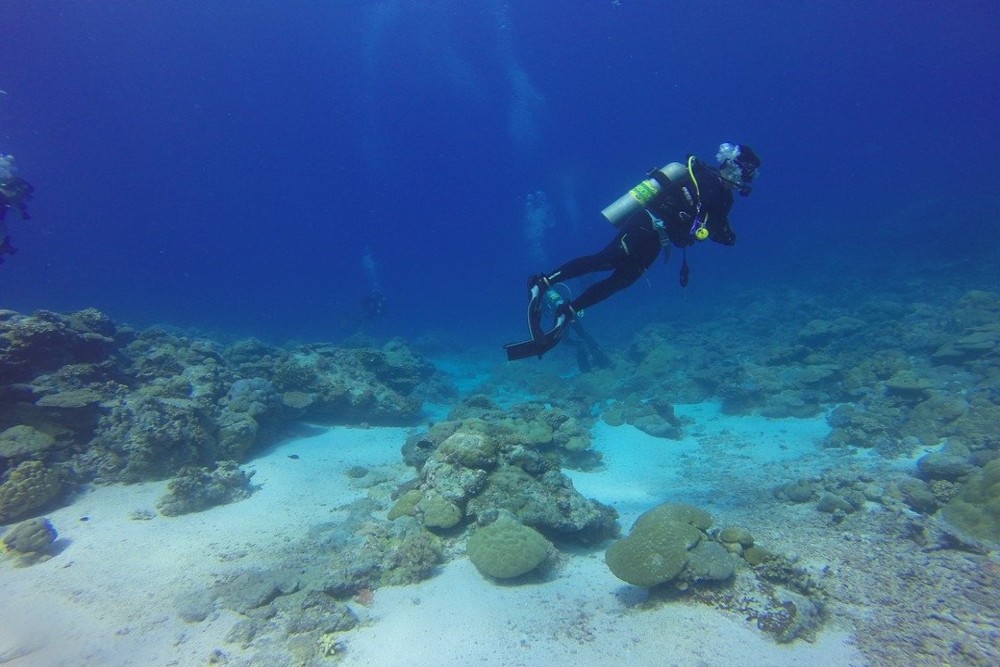The discovery of a new CO2 hotspot off the coast of the Philippines will help us understand climate change. Scientists are optimistic that, by studying marine life around the region, will help them understand better about climate change.
A spring that produces an off the chat readings of carbon dioxide has been discovered off the coast of the Philippines. Professor Bayani Cardenas from the University of Texas discovered the spring from the University of Texas.
The discovery of the CO2 hotspot
The professor described the discovery as a “soda spring” when he came across it while studying how groundwater from a nearby environment affected the ocean environment of the Verde Island Passage in the Philippines.
The passage is described as one of the most diverse ecosystems in the world. It is able to support all types of marine life and has been a focal point of study by many scientists.
The amazing discovery was all caught in camera when Cardenas was exploring the area and discovered the spring. The CO2 hotspot, however, was said to not be a consequence of the climate change nightmare. Scientists said the spring was as a result of a nearby volcano that vents out the through cracks on the ocean floors.
The cracks are estimated to be anywhere between a few decades old to older than a millennium. Due to the presence of diverse marine life in the CO2 hotspot, scientists were excited for the discovery, saying they would study the area to determine how it supports life. They also indicated that the area would shed light on how marine life will exist when the climate change crisis happens.
Cardenas said,
These high CO2 environments that are actually close to thriving reefs, how does it work? Life is still thriving there, but perhaps not the kind that we are used to. They need to be studied.
The CO2 measured in the area was 95,000 parts per million. This is more than 200 times the concentration found in our atmosphere. Scientists also described these levels of concentration as the highest ever discovered in nature.
Cardenas expressed hopes to continue working on this project to determine how life thrives in such an environment. He also said the region would offer insight into how coral reefs and other marine life can survive during climate change.
Featured image by Pixabay







